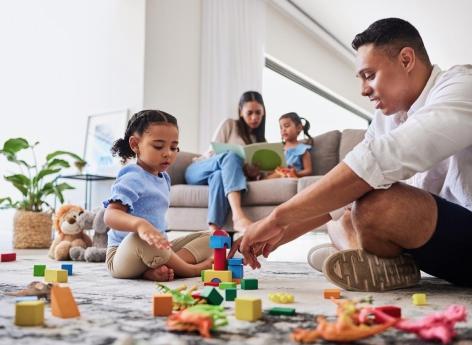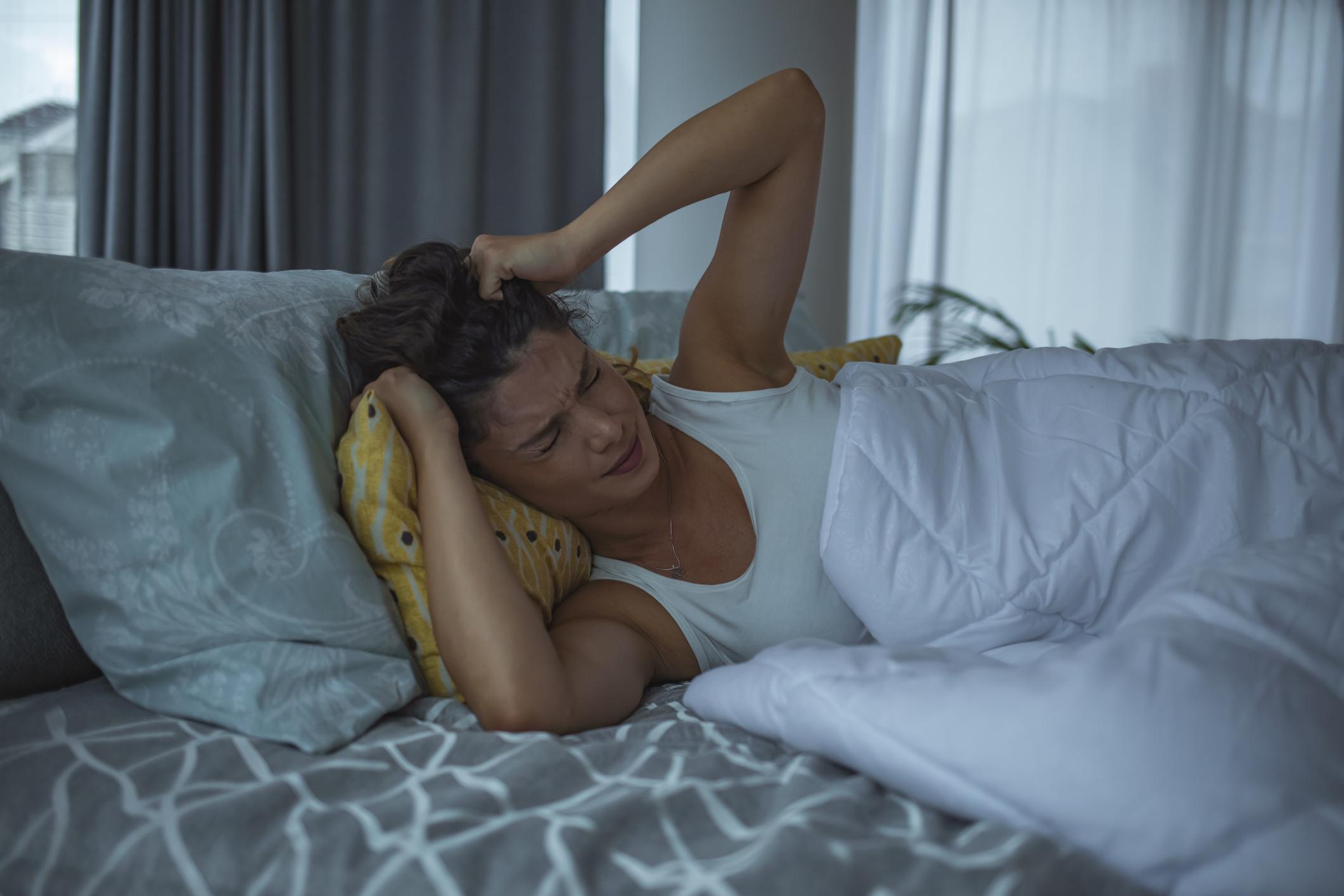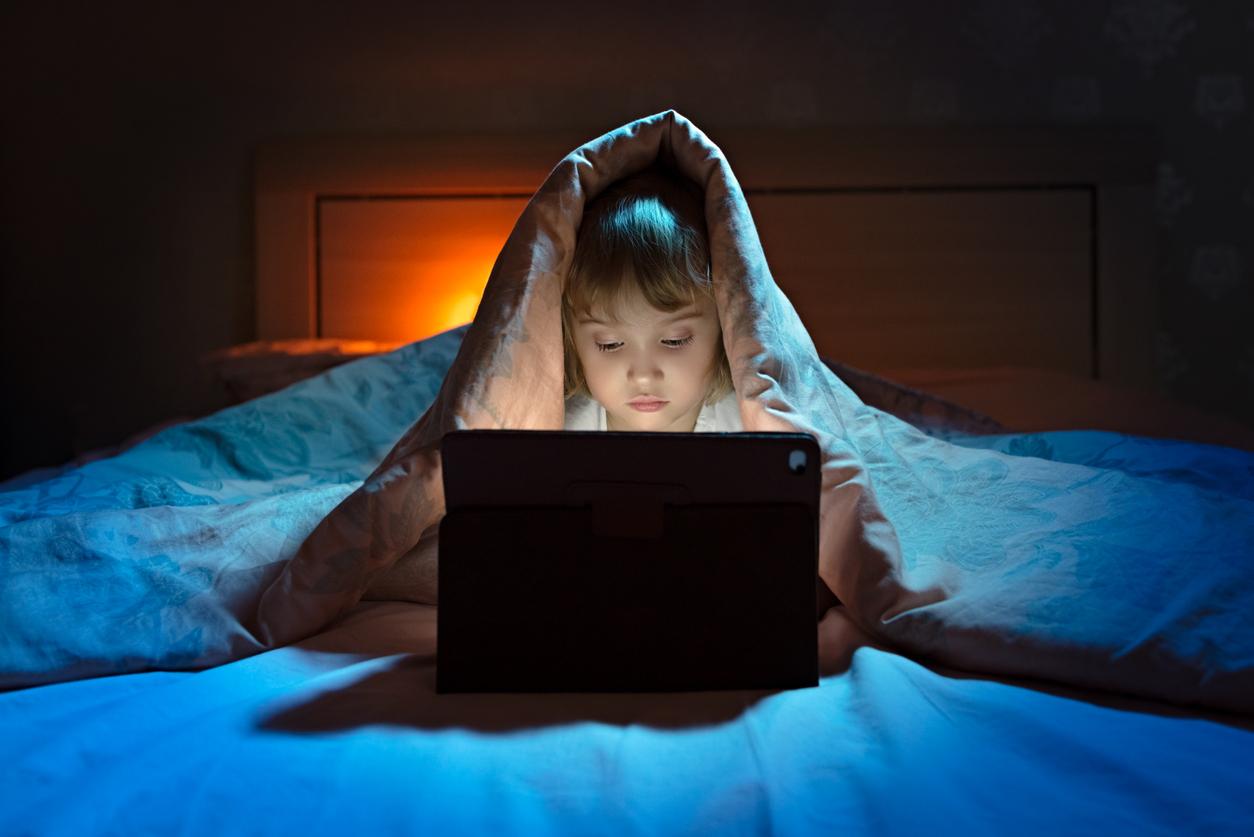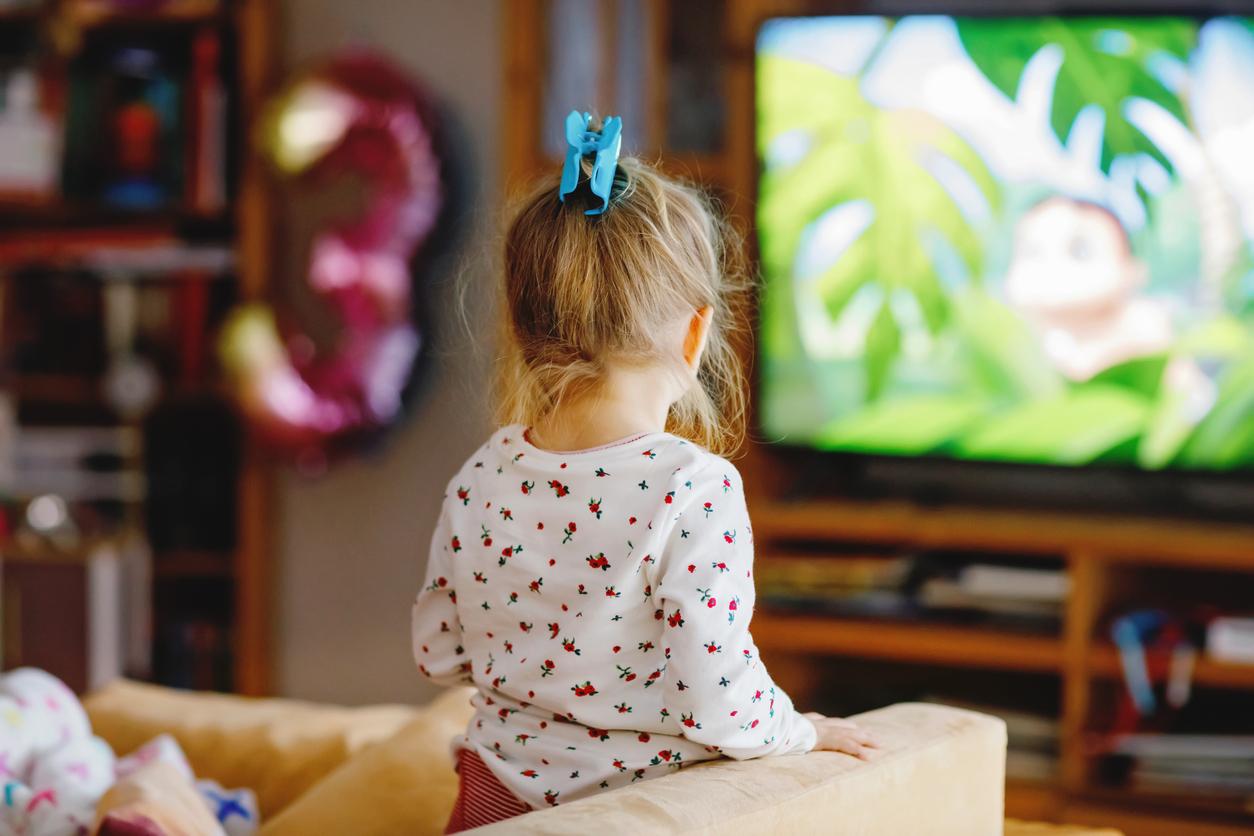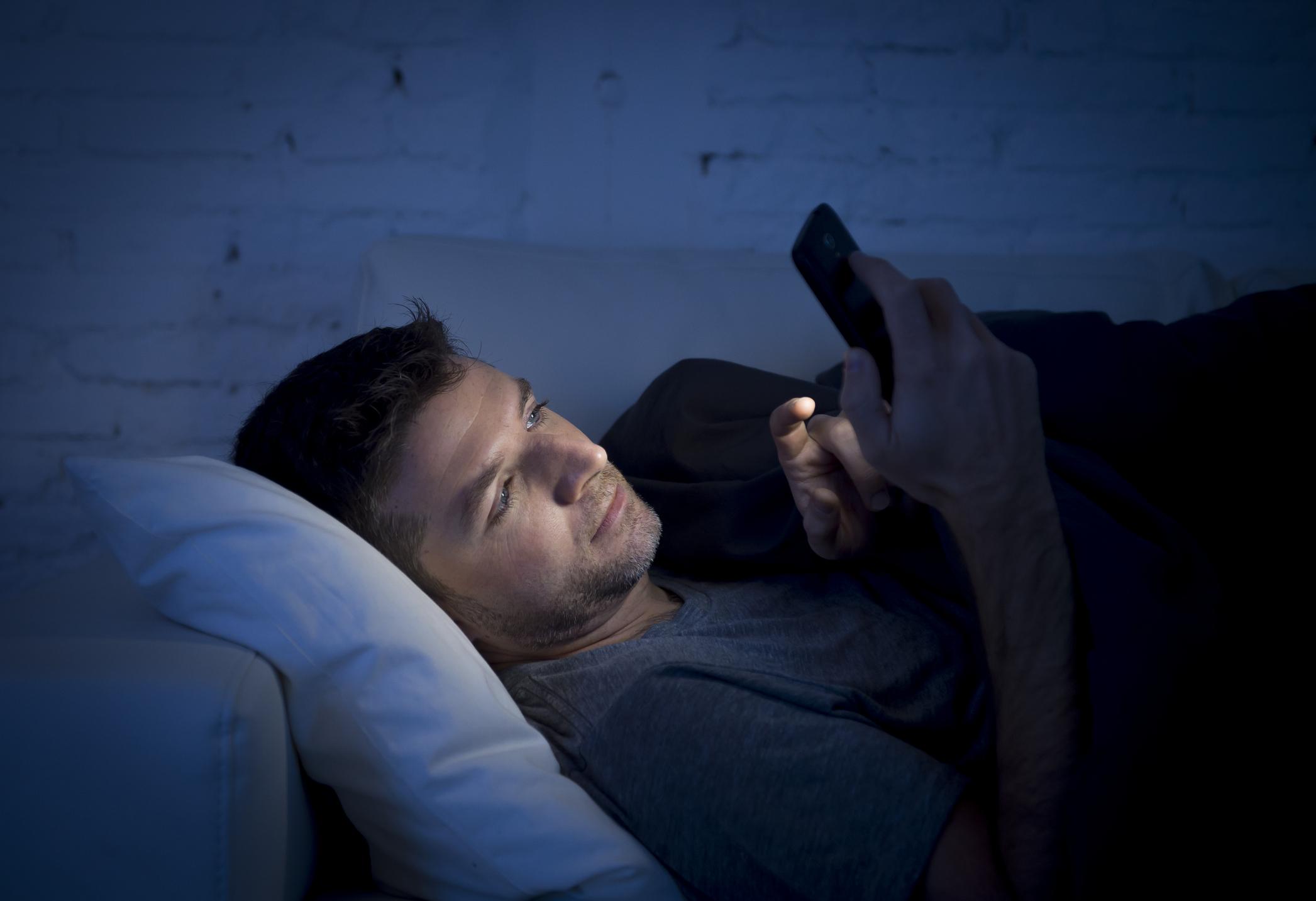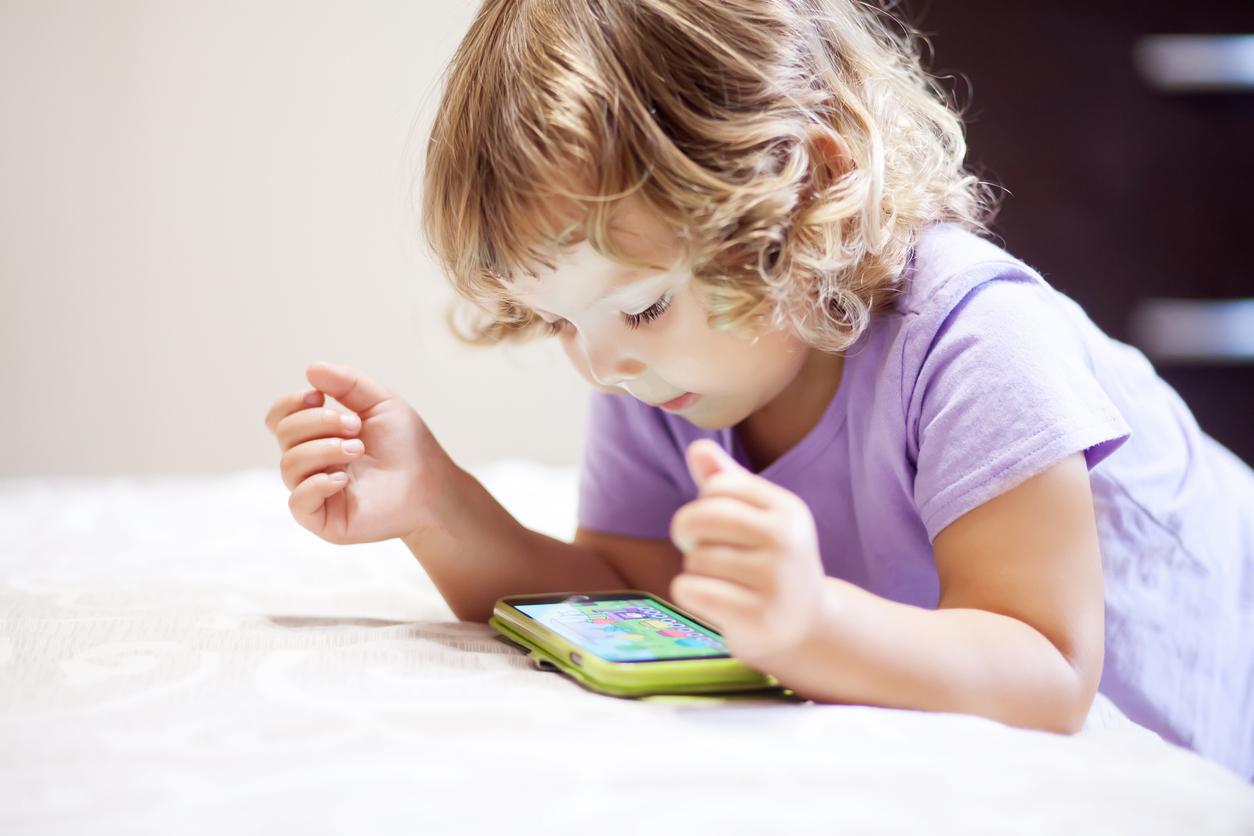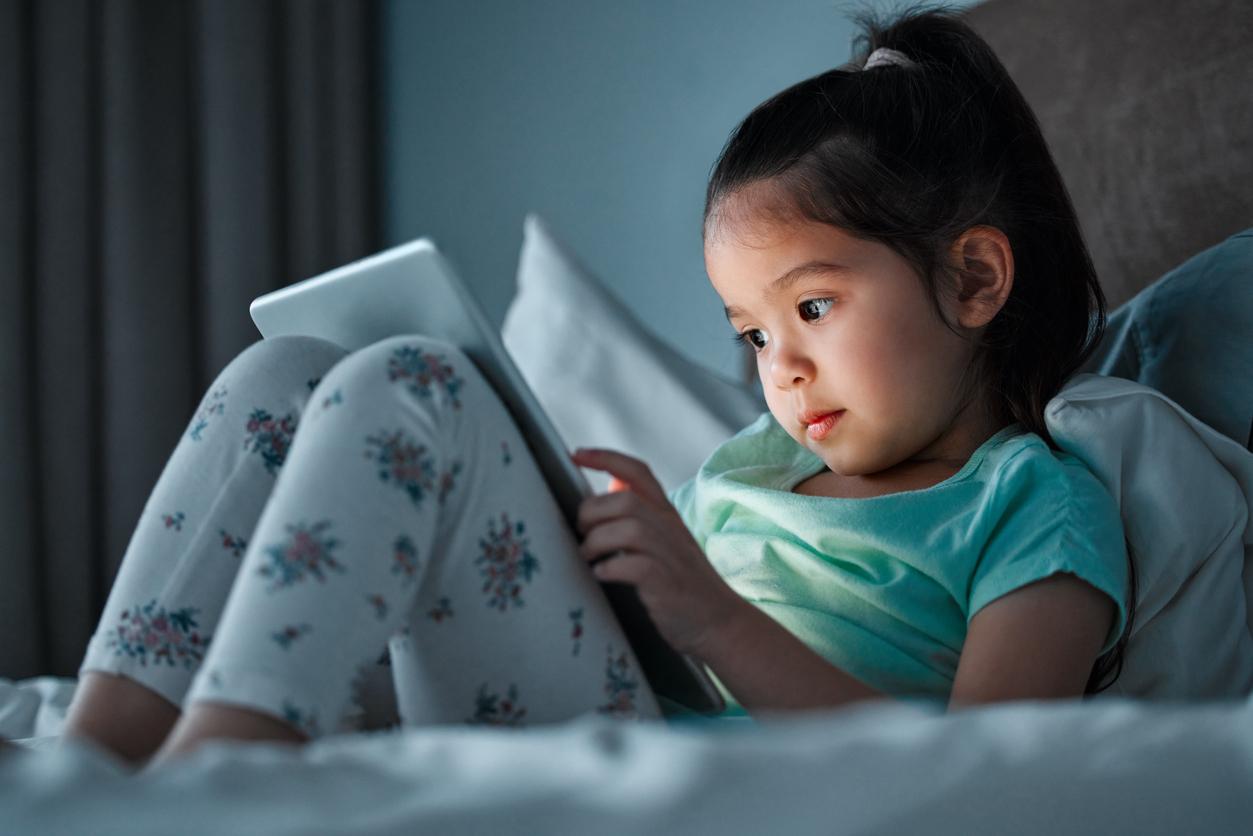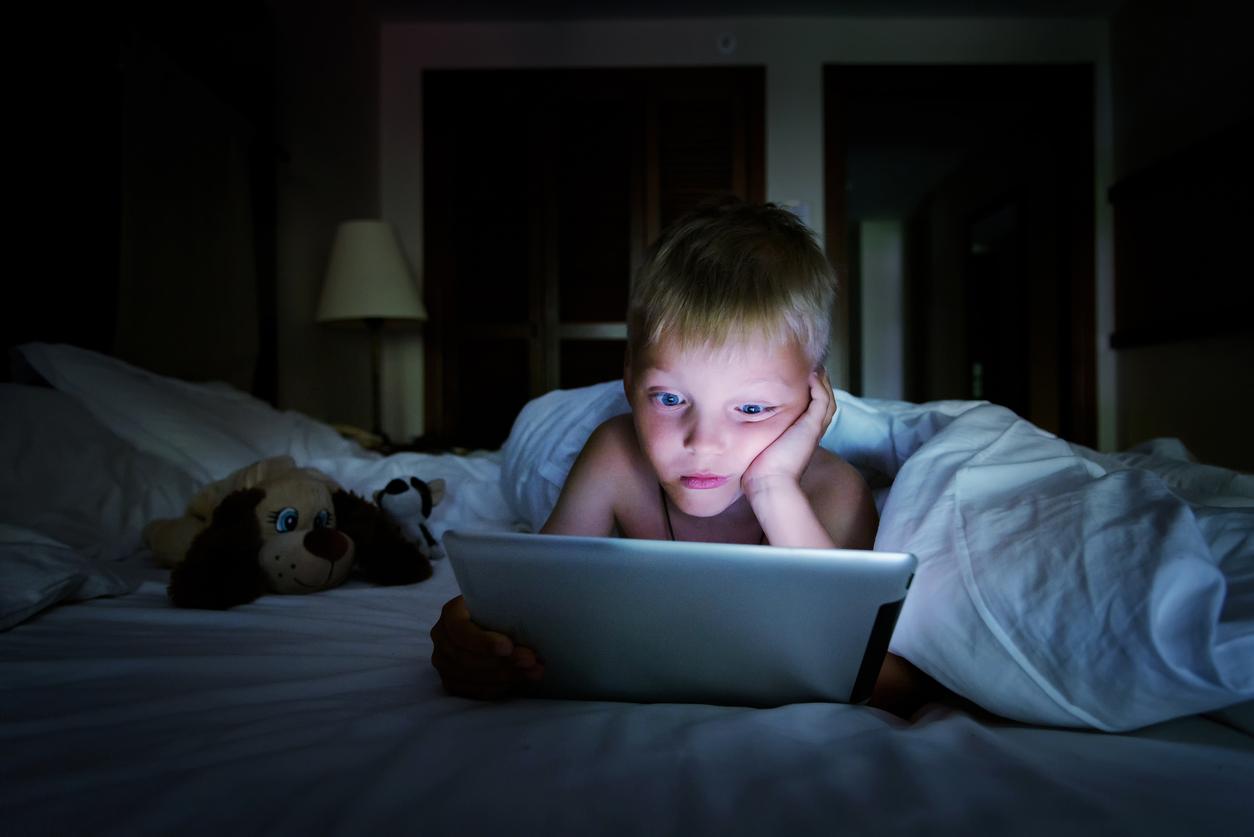There is a link between the number of hours spent in front of a screen (television, computers and smartphone) and the results in the bac! And this different note would be played within an hour.
Researchers at the University of Cambridge conducted a study among 845 14.5-year-old children and followed them for 10 years to understand the links between screen time, physical activity, and baccalaureate-equivalent results ( the GCSE: General Certificate of Secondary Education).
The participants had to answer a questionnaire on the number of hours spent in front of a computer, playing video games, watching television, consulting their smartphone and those spent doing their homework. They also had to report the number of hours spent practicing a sport.
The conclusions of the study showed that an additional hour of screen each day is associated with a drop in grades (9.3 points in the GCSE), while an additional hour of homework or reading obviously allows improve academic performance (+ 23.1 points in the GCSE). An additional hour per day of screen time at 14.5 years is equivalent to approximately 2 levels of mention in the GCSE, i.e. eg. a “D” instead of a “B”
On the other hand, the researchers found no link with the practice of physical activity.
“The idea is therefore to remain attentive to overall screen time and to help the child find the right balance between the screen and other activities, in order not only to create the conditions for academic success but also to preserve its quality of life ”remind the authors of the study.
While screens are detrimental to academic performance, they also have an impact on children’s health. Parents should set rules and impose limited screen exposure times. Indeed, even slightly reducing the time spent in front of a screen can improve their physical and mental conditions, their sleep and their scores according to the results of a study published in the specialized journal JAMA Pediatrics. In just seven months, researchers found differences in behavior (decreased aggression and violence), improved sleep, decreased weight, and increased grades for children who had less contact with a child. screen.
Read also:
Children’s health: limit the time spent in front of a screen
Dyslexia: tablets can help children learn to read
Too many video games harm psychological health



